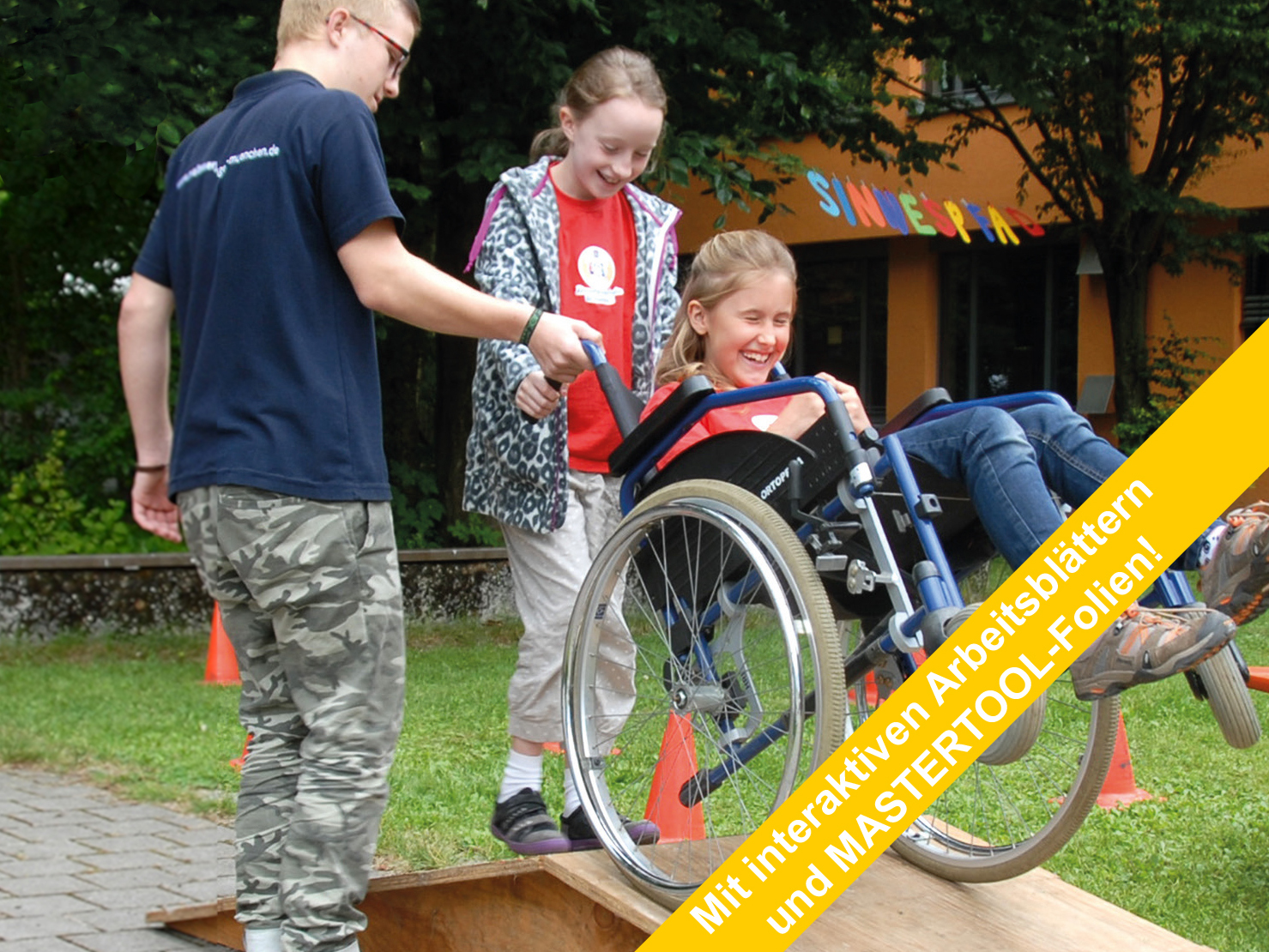 Society
Society


46500935 / 55500691
Rights and Obligations
Youth Protection, Compulsory Schooling, Driving Licence
Three girls of different ages: Anna is 17, Paula 15 and Lena 13. Before the law, their respective ages have consequences – because children and adolescents have different rights and also obligations. Lena is in the seventh form. Like every morning, she walks to school together with Paula because they have the same way. But now she has received an SMS from Paula. Caption WhatsApp: “My first lesson has been cancelled. Let’s hang out together?” Lena would like to. Should she skip school today? Franz Pfleger is a lawyer. He knows that children and young people not only have rights but also obligations. One of them is compulsory schooling. Original soundtrack Franz Pfleger, lawyer: “Compulsory schooling is regulated by the federal states in Germany. It is subject to different rules in each state and can comprise nine or ten years, but there is compulsory vocational education, too. Thus, every child in Germany attends school for twelve years.” Truants will face punishment, even if their parents approve of it, for instance, to fly to a holiday destination earlier. Parents are not allowed to release their child from class unless it is ill. They are even responsible for ensuring that their child attends to its duty to go to school. Original soundtrack Franz Pfleger, lawyer: “If, for example, parents go on holiday one or two days earlier and take their children with them, and if they get caught, they will have to pay a steep fine, up to a four-figure amount, and the fine will be determined depending on the gravity of the offence.” Serial truants may even be picked up by the police. No, Lena does not want this to happen to her and her parents. She prefers to go to school.
Play trailer

Curriculum-centred and oriented towards educational standards
Matching
Inclusion
Madita is eleven and blind. She does not want to go to a special school but to a regular grammar school. She says she feels "normal" there. Jonathan is eight and has a walking disability. He likes going to the school where he lives. Here, his best friend sits next to him. Max Dimpflmeier, a teacher who is severely deaf, explains that school life is not easy. Quote Max Dimpflmeier: "You don't want to attract attention, you want to avoid saying that it is necessary for you that 70 people adjust to your situation." People on their way to inclusion.
Ceramic
Ceramics are indispensable in our everyday lives. We eat from ceramic plates, drink from ceramic cups, use tiled ceramic bathrooms. But how is ceramic manufactured? The film reveals the secrets of this fascinating material! We get to know more about the beginnings of ceramic in the Old World of Egypt and Mesopotamia, about Greece, China and Rome. We gain interesting insights into the valuable earthenware and are also shown the exquisite further development of the "white gold". Today this versatile material is irreplaceable in industry, too. Whether in space or as an easily compatible substitute in medicine, ceramic is applied in many places.
Computer Games
This film covers the topic of computer games in a variety of ways and from many different angles. Apart from the fascina- tion of computer games for users, the historical development as well as the production of computer games are described. The established genres are introduced, the guidelines of the German BPjM are explained. In light of recent public discussions, a neutral overview of the pros and cons of playing computer games is given, and different kinds of player behaviour are outlined. In this film, the pupils will recognise many aspects of their favourite pastime that encourage an independent, constructive use of this medium and reinforce their media competency. The film and teaching material are very closely related to the real-life situation.









